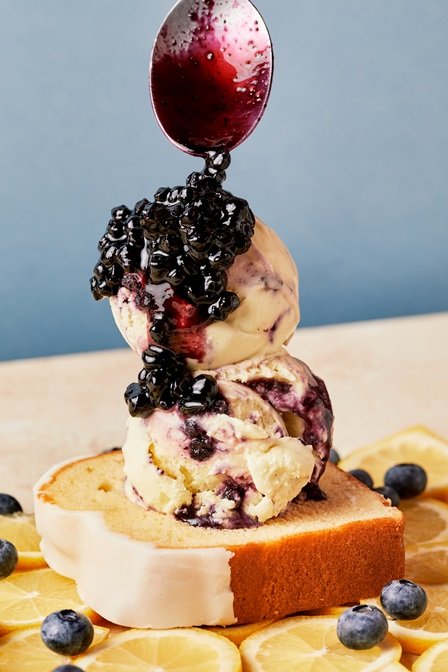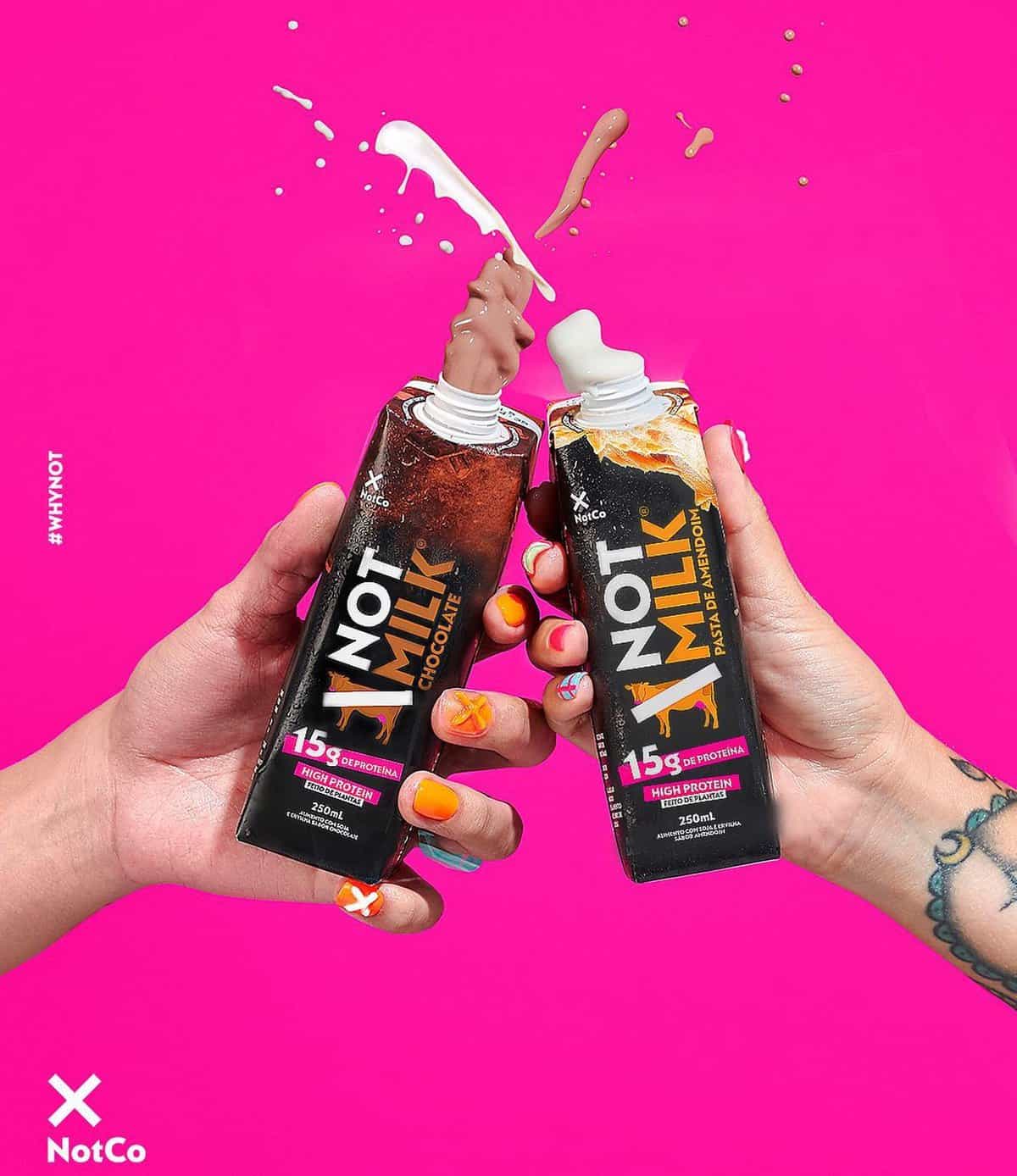Op Ed: Daphna Nissenbaum, CEO of TIPA, on Sustainable Packaging During Veganuary – vegconomist

Daphna Nissenbaum is the CEO of global compostable packaging developer and manufacturer TIPA. She established TIPA in 2010 when she recognised that there was an urgent need to revolutionise packaging systems and reduce plastic pollution around the world. A proud female entrepreneur, Daphne’s leadership has resulted in the female-led business raising an impressive $70 million in its latest funding round.
Many vegan brands frequently depend on plastic packaging to maintain the freshness of plant-based offerings. Nevertheless, Daphna emphasises the importance of embracing eco-friendly packaging solutions as a critical step in adopting a comprehensive approach to Veganuary. In this opinion piece, Daphne speaks to the need for consumers to demand that brands use environmentally friendly packaging to ensure veganism does not contribute to the plastic problem.
Making Veganuary Work For the Planet
By Daphna Nissenbaum
Over the past 10 years, the popularity of Veganuary has exploded. Last year broke all previous records, and, according to the official organisation, they welcomed more participants than ever before, with 706,965 people officially signing up from nearly every country in the world.
However, the impact of brands trying to keep up with the increasing demand for vegan food has seen many opt for plastic packaging in a rush to push out products, despite the detrimental environmental impact.
According to Greenpeace’s Big Plastic Count, where a quarter of a million people across the UK counted their household plastic packaging waste for one week, fruit and vegetable packaging accounted for the largest portion of plastic waste disposed of by households, closely followed by snack bags, packets and wrappers. Whilst the Big Plastic Count covers a range of products and brands, over the last five years, demand for vegan snack bars and crisps, in particular, has boomed.

Veganuary goals vs plastic packaging
Although Veganuary aims to protect the environment, increasing the amount of plastic packaging in the environment is arguably at odds with this aim. However, recent developments with compostable packaging ensure brands contributing to Veganuary can do so with environmentally friendly packaging.
In contrast to conventional plastics, which persist in the environment for centuries, compostable materials break down naturally, ensuring no damage is inflicted on the environment. Innovations with compostable packaging have seen their applications extend to mirror that of plastic, with the same barrier protection and high sealing strength, to prolong freshness.
“It’s no longer enough for brands to simply keep up with the demand for plant-based foods”
The disposal of compostable packaging offers a significant advantage. These materials can be disposed of in domestic and industrial composting facilities, where waste turns into valuable, nutrient-rich compost. This contrasts sharply with traditional plastics, which contribute to the global issue of plastic pollution, harming ecosystems and marine life. This holistic approach resonates with the broader goals of Veganuary, by promoting sustainable consumption patterns.

Not only should brands look to reduce their environmental impact and meet consumer demand by choosing compostable packaging, they should also look to work with packaging developers and manufacturers who produce their products whilst being mindful of their carbon footprint. This includes manufacturing packaging close to customers to minimise transportation emissions, and utilising existing factories.
Consumer responsibility
By choosing to take part in Veganuary, consumers actively engage in a more sustainable lifestyle that’s kinder to the planet. This commitment demonstrates a comprehensive dedication to reducing their impact on the environment. Yet, consumers must demand brands use environmentally friendly packaging to ensure veganism does not contribute to the plastic problem.
The use of compostable packaging becomes an integral part of the Veganuary narrative, symbolising a commitment to a planet-friendly, environmentally conscious lifestyle. It’s no longer enough for brands to simply keep up with the demand for plant-based foods; they must also offer sustainable packaging solutions and become plastic-free.




